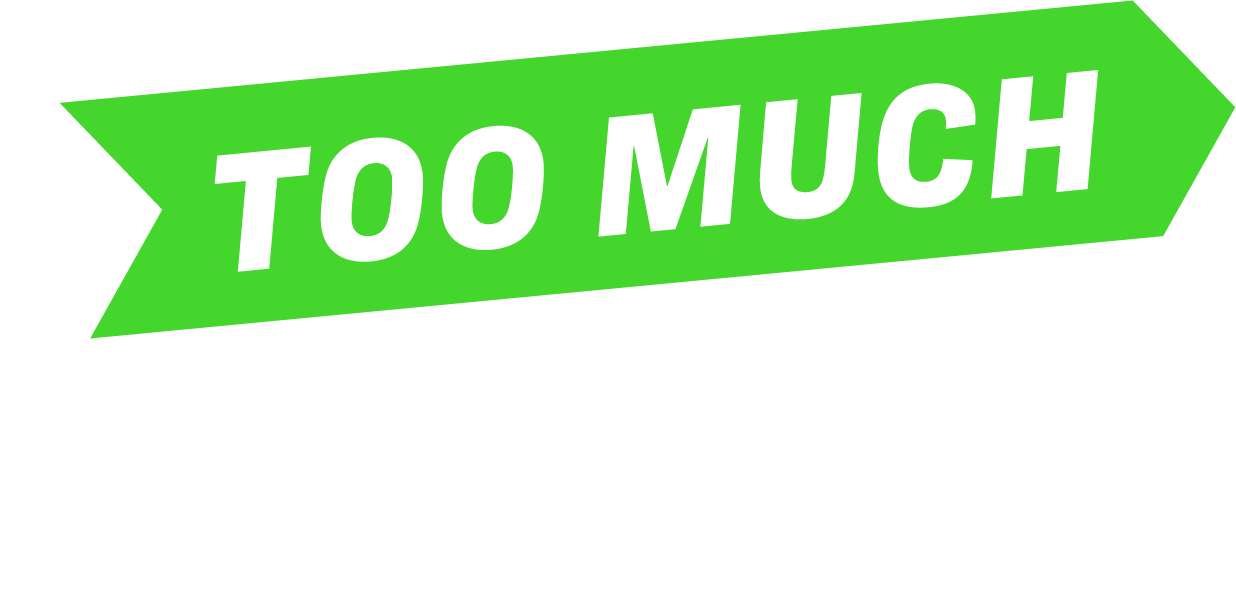Alternative Ways to Manage Inattention
Everyone experiences issues with attention and completing tasks sometimes, which can be due to a variety of factors such as lack of sleep or exercise, too much caffeine, stress, or behavioral health conditions. Below are a few strategies and approaches to help manage these attention challenges.
Adults with Attention Issues May Have Difficulty:
- Sitting still
- Managing their attention
- Completing tasks due to hyperactivity
- Completing tasks due to inattentiveness
- Organization
- Controlling their emotions and behavior
- Day-to-day tasks
- Social relationships
- Maintaining a consistent routine
Alternative Approaches
- Deep Breathing: Calms the body and addresses the body-mind connection (relax the body, and the mind may follow). For more on deep breathing, check out the LiveWholeHealth: Breathing for Stress Relief video.
- Guided Imagery: Focus on a location, an object, or a calming memory to relax your mind to a calm state (e.g., walking on a beach, gazing at the night sky, or sitting by a cozy fire reading a favorite book). For more on guided imagery, visit the Warfighter Wellness Relaxation webpage and scroll down to the deep breathing section.
Behavior Management Tips
In addition to the approaches above, the table below offers behavioral management tips that can be useful. You can use these tips yourself or ask a friend or family member to help you implement them.
| Behavior | Explanation |
|---|---|
| Establish a routine | Try to follow the same schedule every day and plan out the day from when you wake up until you go to bed. |
| Get organized | Keep commonly used items in the same place so they are easily accessible. Keeping a tidy environment can also help reduce stress. |
| Limit distractions | Avoid distractions such as TV, social media, a messy workspace, and background noise when you are trying to concentrate. |
| Keep it simple | Break tasks down into simpler steps that are more achievable, and take breaks as needed. |
| Live a healthy lifestyle | Eating nutritious food, staying physically active, and getting enough sleep are crucial to staying healthy and focused. |
Potential Treatment Options That Can Be Determined by Your Healthcare Provider
- Cognitive Behavioral Therapy (CBT): A method that helps people change negative thoughts into more positive ones. For example, CBT can reframe “everything must be perfect or it’s a total failure” into a more realistic and positive mindset.
- Emotion-Focused Therapy (EFT): Helps people understand and manage emotions. If you find that small inconveniences trigger significant annoyance or stress, speaking with a therapist about EFT might help you manage day-to-day challenges more effectively.
While CBT and EFT can be helpful for managing attention issues, it’s essential to be evaluated by a healthcare professional to determine what therapy or combination of therapies would work best for you.
Seeking Additional Help
If your attention issues become difficult to manage or interfere with your work or personal life, consult your healthcare provider. A medical professional can assess your symptoms and determine whether they fit an Attention-Deficit/Hyperactivity Disorder (ADHD) or another diagnosis.
Military OneSource
Support for Military Personnel & Families | Military OneSource [militaryonesource.mil] is a DoD-supported service offering 24/7 confidential support and is specialized in helping military members, families, and veterans. Services are provided CONUS and OCONUS via phone, live chat, and text on their website and mobile app.
Substance Abuse and Mental Health Services Administration
You may also call the U.S. Substance Abuse and Mental Health Services Administration (SAMHSA) National Helpline at 1-800-662-HELP (4357). SAMHSA’s National Helpline is a free and confidential treatment referral and information service (provided in English and Spanish) for individuals and families facing mental and/or substance use disorders, available 24 hours a day, every day of the year. Check out additional resources for Service members here.
